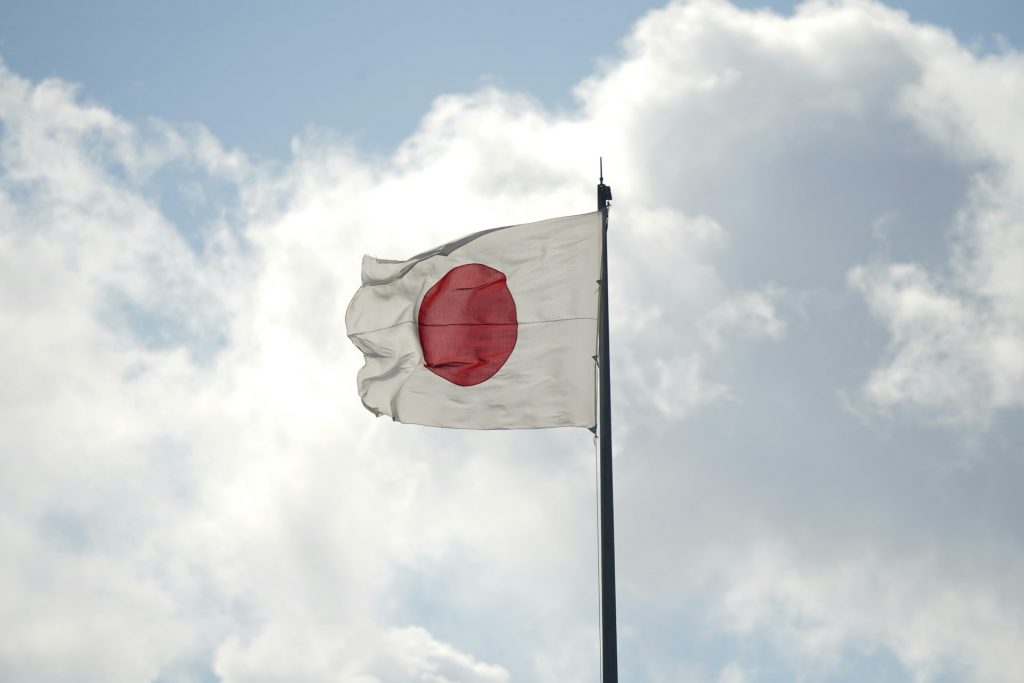India and Japan Deepen Strategic Ties with Landmark Deals on Next-Gen Bullet Train and Carbon Reduction
3 min read
New Delhi – In a significant deepening of strategic ties, India and Japan are set to unveil a landmark partnership spanning advanced technology, sustainable energy, and critical infrastructure. High-level talks between the two nations are culminating in milestone agreements on a joint carbon credit scheme and the adoption of Japan’s next-generation Shinkansen technology for India’s high-speed rail network.
Forging a Green Alliance for Decarbonisation
In a major boost to India’s climate action goals, the Indian government is finalising the implementation of a ‘Joint Crediting Mechanism’ (JCM) with Japan. An official agreement is expected to be announced coinciding with Prime Minister Narendra Modi’s upcoming summit with his Japanese counterpart.
This bilateral framework is designed to accelerate the reduction of greenhouse gas emissions. Under the JCM, Japan will facilitate the transfer of its cutting-edge decarbonisation technologies to India. The resulting reduction in emissions will be counted as a credit, shared between the two nations. This allows Japan to meet its own climate targets by investing in green projects on Indian soil, providing a significant incentive for Japanese companies to increase their investments in India’s renewable energy sector. For India, it means access to vital technology to fuel its sustainable development ambitions.
Japanese Power Major Deepens Investment in Indian Solar Sector
Underscoring this growing collaboration, Chubu Electric Power, a leading Japanese utility, has accelerated its business expansion in the burgeoning Indian power market. The company recently increased its investment in OMC Power, a Gurugram-based renewable energy firm, becoming its largest shareholder.
This move is set to fast-track OMC Power’s mission to expand its solar energy footprint across the country. The strategy aims to tackle the twin challenges of meeting India’s soaring electricity demand while advancing the national decarbonisation agenda. By combining Chubu Electric’s extensive expertise with OMC’s local knowledge, the partnership is poised to make significant contributions to India’s solar power capacity, catering to both industrial and rural community needs.
India to Adopt Next-Generation Bullet Train Technology
In a landmark decision for the country’s infrastructure, India is set to adopt Japan’s state-of-the-art E10 series for its first high-speed rail corridor between Mumbai and Ahmedabad. The announcement is another key agenda item for the upcoming leadership summit.
The E10 series is the next generation of Japan’s famous Shinkansen, or bullet train, currently under development by JR East, and is slated to begin commercial operations around 2030. In a unique reflection of the strength of the bilateral partnership, the technology will be introduced in India around the same time it debuts in Japan.
This decision puts to rest earlier speculation about the technology choice for the ambitious project. While the agreement has been widely lauded, the news has also generated considerable discussion on Chinese social media platforms like Weibo, where users debated why India opted for Japanese technology over China’s own extensive high-speed rail network. However, officials have prioritised the long-standing strategic and technological alignment between New Delhi and Tokyo. This collaboration, which began with the 2015 agreement to use the Shinkansen system, now moves into a new, more advanced phase, promising to revolutionise travel in India.






